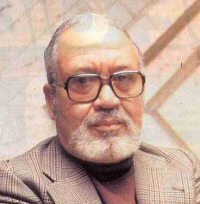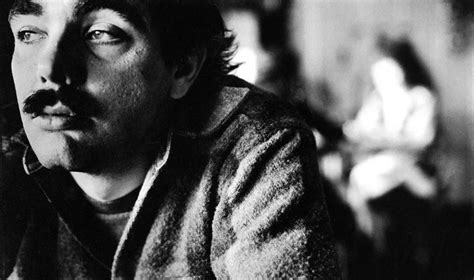A Quote by Frank Yerby
About fifteen miles above New Orleans the river goes very slowly. It has broadened out there until it is almost a sea and the water is yellow with the mud of half a continent. Where the sun strikes it, it is golden.
Related Quotes
The problem with water, though, is that the shortfalls don't show up until the very end. You can go on pumping unsustainably until the day you run out. Then all you have is the recharge flow, which comes from precipitation. This is not decades away, this is years away. We're already seeing huge shortages in China, where the Yellow River runs dry for part of each year. The Yellow River is the cradle of Chinese civilization. It first failed to reach the sea in 1972, and since 1985 it's run dry for part of each year. For 1997 it was dry for 226 days.
This unlikely story begins on a sea that was a blue dream, as colorful as blue-silk stockings, and beneath a sky as blue as the irises of children's eyes. From the western half of the sky the sun was shying little golden disks at the sea--if you gazed intently enough you could see them skip from wave tip to wave tip until they joined a broad collar of golden coin that was collecting half a mile out and would eventually be a dazzling sunset.
There's also the tradition of voodoo, the Haitian magic arts, in New Orleans. And because New Orleans is below sea level, when they bury people in New Orleans, it's mostly above ground. So you have this idea that the spirits are more accessible and can access you more easily because they're not even buried.
From the sun did I learn this, when it goeth down, the exuberant one: gold doth it then pour into the sea, out of inexhaustible riches, -So that the poorest fisherman roweth even with golden oars! For this did I once see, and did not tire of weeping in beholding it. - Like the sun will also Zarathustra go down: now sitteth he here and waiteth, old broken tables around him, and also new tables half-written.
New Orleans is 5 feet below sea level, which means that holes dug in the ground immediately fill with water. Coffins were punctured and sunk with weights, which didn't stop them from floating up out of the cemeteries and down the streets of the French Quarter on stormy nights. The solution was to bury people above ground, in what are called vaults.
My love and I are inventing a country, which we can already see taking shape, as if wheels were passing through yellow mud. But there is a problem: if we put a river in the country, it will thaw and begin flooding. If we put the river on the border, there will be trouble. If we forget about the river, there will be now way out. There is already a sky over that country, waiting for clouds or smoke. Birds have flown into it, too. Each evening more trees fill with their eyes, and what they see we can never erase.
It's amazing being a member of perhaps the last analog generation - being born in the late '40s, growing up in the '50s and '60s, when it was still a very analog world. And in New Orleans those days, the country was just next door, as it were. You didn't have to travel miles and miles to get out in the woods. There's tons of fishing, obviously, in New Orleans, and tons of hunting. That was part of the cycle of life, to get fresh meat from the butcher or go duck hunting and get it yourself. It wasn't malicious or insensitive. It was just there, and you used it.
The seasons, like greater tides, ebb and flow across the continents. Spring advances up the United States at the average rate of about fifteen miles a day. It ascends mountainsides at the rate of about a hundred feet a day. It sweeps ahead like a flood of water, racing down the long valleys, creeping up hillsides in a rising tide. Most of us, like the man who lives on the bank of a river and watches the stream flow by, see only one phase of the movement of spring. Each year the season advances toward us out of the south, sweeps around us, goes flooding away to the north.


































